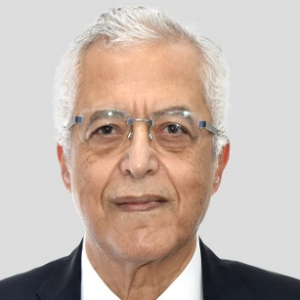Challenges and Future Directions in Regenerative Medicine
Despite its promise, the field faces scientific, logistical, and regulatory hurdles. Challenges and future directions in regenerative medicine include issues like limited vascularization, immune rejection, ethical concerns, and scaling up production without compromising quality. As researchers overcome these barriers, future directions point toward integrating AI, robotics, and smart biomaterials for more responsive and adaptive therapies. Standardizing clinical trial design, ensuring equitable access, and aligning global regulations are also key to realizing the full potential of the field. Challenges and future directions in regenerative medicine remain central to the ongoing dialogue among scientists, clinicians, and policymakers striving to make advanced therapies safe, effective, and widely available.

Nagy Habib
Imperial College London, United Kingdom
Lucie Bacakova
Institute of Physiology of the Czech Academy of Sciences, Czech Republic



Title : AI-integrated high-throughput tissue-chip for space-based biomanufacturing applications
Kunal Mitra, Florida Tech, United States
Title : Stem cell technologies to integrate biodesign related tissue engineering within the frame of cell based regenerative medicine: towards the preventive therapeutic and rehabilitative resources and benefits
Sergey Suchkov, N.D. Zelinskii Institute for Organic Chemistry of the Russian Academy of Sciences, Russian Federation
Title : In vitro evaluation of lyophilized Dedifferentiated Fat cells (DFAT) impregnated artificial dermis
Kazutaka Soejima, Nihon University, School of Medicine, Japan
Title :
Nagy Habib, Imperial College London, United Kingdom
Title :
Alexander Seifalian, Nanotechnology & Regenerative Medicine Commercialisation Centre, United Kingdom
Title : The regenerative medicine of the future
Marco Polettini, DVM, Italy